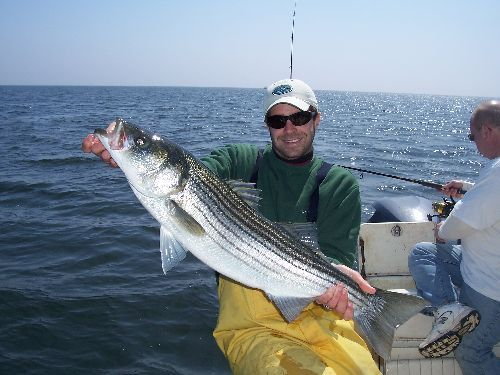
The N.C. Wildlife Resources Commission has scheduled its annual January public hearings to present proposed changes in hunting, fishing and trapping laws to sportsmen.
The WRC will propose 84 changes, some certain to be controversial, including a reduction from four bucks to two bucks per season in the Eastern region, a closure of striped bass harvests from inland and joint waters of the Cape Fear River, reductions in striper harvests at some other eastern rivers plus adding slot size limits, decreasing the harvest limit of American shad from 10 to one fish per day at the Roanoke River, an extension of squirrel season and definitions for natural and artificial bait for mountain trout waters.
The hearings schedule is:
• Jan. 7, District 4, Elizabethtown, Bladen County Courthouse;
• Jan. 9, District 5, Graham, Alamance County Courthouse;
• Jan. 10, District 6, Norwood, South Stanly High School;
• Jan. 15, District 8, Morganton, Morganton Municipal Auditorium;
• Jan. 16, District 9, Sylva, Southwest Community College;
• Jan. 17, District 7, Boonville, Starmount High School;
• Jan. 22, District 1, Edenton, Swain Auditorium;
• Jan. 23, District 2, New Bern, Craven County Courthouse;
• Jan. 24, District 3, Louisburg, Annex Building, District Court Room.
All meetings begin at 7 p.m.
A Jan. 3, 2008, hearing at the WRC’s headquarters at the N.C. State University Centennial Campus only will cover administrative changes in falconry, trapping, controlled-hunting preserves, captivity permits and propagation licenses.
After hearing public comments and reviewing written comments, the 19 members of the WRC will meet in March and vote whether to adopt the proposed rules.
Some proposals apply only to one county or region, while others apply statewide. For example, the buck bag-limit reduction from four bucks to two bucks would apply only in the Eastern Season, creating a uniform bag limit across the state.
The proposed one-month extension of red and gray squirrel season, effective statewide, would move the closing day from Jan. 31 to the last day of February, bringing the season in line with other small-game species seasons.
A proposed regulation about the definitions of natural and artificial bait may be of interest to mountain trout anglers, particularly those who use fish-attracting baits, such as Power Bait, when fishing in wild trout and delayed-harvest trout waters where only artificial baits are allowed. This proposal, if passed, would apply to public mountain trout waters and defines artificial lures as baits that neither contain nor have been treated with any substance that attracts fish by the sense of taste or smell. Natural bait is defined as any living or dead organism or prepared substances designed to attract fish by taste or smell.
Other proposed hunting, trapping and fishing rules changes include:
• Eliminating regional trapping seasons for mink, muskrat, nutria, otter, skunk, weasel, bobcat, opossum, raccoon, coyote and groundhogs and establishing a statewide season Nov. 1 through the last day of February, with exceptions;
• Implementing a one-fish creel limit for blue catfish greater than 32 inches in length at Lake Norman and Badin Lake;
• Opening 3,800 acres in Burke County as a permit-only game land and 1,900 acres in Brunswick County as a six-day-per-week game land;
• Closing the striped bass season in the inland and joint fishing waters of the Cape Fear River and its tributaries year-round and reducing the daily creel limit to two fish and establishing an Oct. 1-April 30 harvest period for the inland and joint fishing waters of the Tar-Pamlico, Neuse, and Pungo rivers and other rivers and waters in the Coastal Plain, excluding the Roanoke River/Albemarle Sound striped bass management area and Cape Fear River;
• Adding several species to the state’s list of Endangered, Threatened and Special Concern species while removing others from the list.
For full text of the proposed regulations changes, visit the WRC’s Web site, www.ncwildlife.org, and click on the Proposed Regulations link located on the home page.
Comments can be submitted in one of three ways:
• Attend a public hearing;
• Mail comments to 1701 Mail Service Center, Raleigh, N.C. 27699-1701;
• Visit the WRC Web site, www.ncwildlife.org.



Be the first to comment